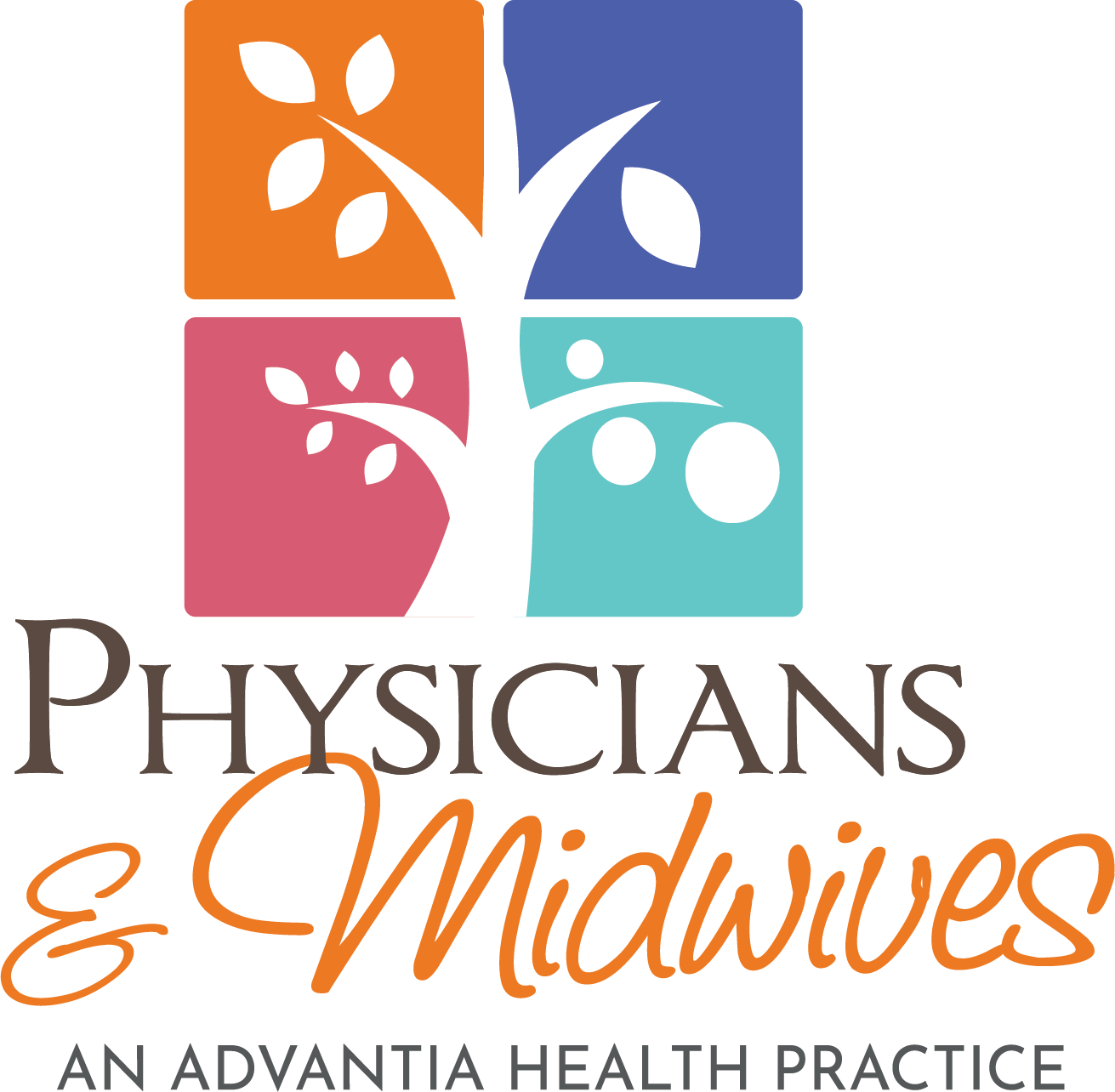
Published on: 16 August, 2012
Read Time: 4 min
In between cravings for mocha fudge ice cream and the liberating advice to ‘eat for two’, pregnancy can be a time of rapid weight gain. However, there are good reasons to avoid packing on those extra pounds; excess weight gain during pregnancy makes you more likely to have a large baby (macrosomia), increasing the likelihood of cesarean delivery and birth trauma to both you and the baby. Weight gain in the first trimester increases the risk of gestational diabetes later in the pregnancy. Furthermore, the effects may last long after delivery; recent evidence suggests that the babies of mothers who gain excess weight during pregnancy are more likely to suffer from childhood obesity.
So what is the right amount of weight to gain?
Some degree of weight gain during pregnancy is inevitable, and perfectly healthy. The optimal amount of weight gain depends on your weight before pregnancy, as measured by your body mass index (BMI). BMI is calculated as x 703; it may be easier to use one of the many free online calculators (https://www.nhlbi.nih.gov/health/educational/lose_wt/BMI/bmicalc.htm).
- If you are underweight (BMI less than 18.5), your recommended weight gain is 28 to 40 pounds
- If you are normal weight (BMI 18.5 to 24.9), your recommended weight gain is 25 to 35 pounds
- If you are overweight (BMI 25 to 29.9), your recommended weight gain is 15 to 25 pounds
- If you are obese (BMI 30 or more), your recommended weight gain is 11 to 20 pounds
Am I really eating for two?
While you are eating for two, one of you is very small. So far from needing to double your intake of food, you only need approximately 300 extra calories a day. This isn’t a lot of extra food; a plain bagel or a single slice of cheese pizza are both around 300 calories.
It’s important to make sure that your calories are coming from a variety of healthy foods. The UDSA offers online meal planning tools specifically for expectant mothers (https://www.myplate.gov/life-stages/pregnancy-and-breastfeeding). In general, diets should maximize nutrient-rich choices like vegetables, lean protein and fruit, and minimize ‘empty calories ‘ like desserts. Most women should include a prenatal vitamin to ensure adequate folic acid and iron intake.
Adding exercise into the mix
At P&M our doctors and midwives recommend 30 minutes or more of moderate exercise most days, throughout the pregnancy. Exercise helps control pregnancy weight gain, and also helps to prevent or control gestational diabetes. Regular activity may improve endurance, making it easier to cope with labor and to recover from delivery.
The best exercises are low-impact aerobic exercises, including walking, cycling and swimming. Contact sports such as basketball and soccer could result in injury to you or the baby, and are generally not recommended. It is particularly important to drink lots of water and go at your own pace; stop exercising if you feel dizzy or faint, or experience contractions.
A healthier pregnancy – it’s up to you
There are so many aspects of pregnancy out of your control: how much you suffer from morning sickness, precisely when you will go into labor, whether your baby will have your nose or your great-aunt Edna’s. However, you, and only you, have the ability to completely control what you eat and how much exercise you get. The choices that you make now can help to ensure your healthiest possible pregnancy, and give your baby the best start for a healthy future.

Physicians and Midwives, an Advantia Health Practice
Physicians and Midwives is a unique collaborative practice you won’t find anywhere else. We have 5 offices for your convenience all across Northern Virginia, including Alexandria, North Arlington, Mt. Vernon, Kingstowne, and Woodbridge. If you would like to be listened to, as well as cared for, then look no further.





